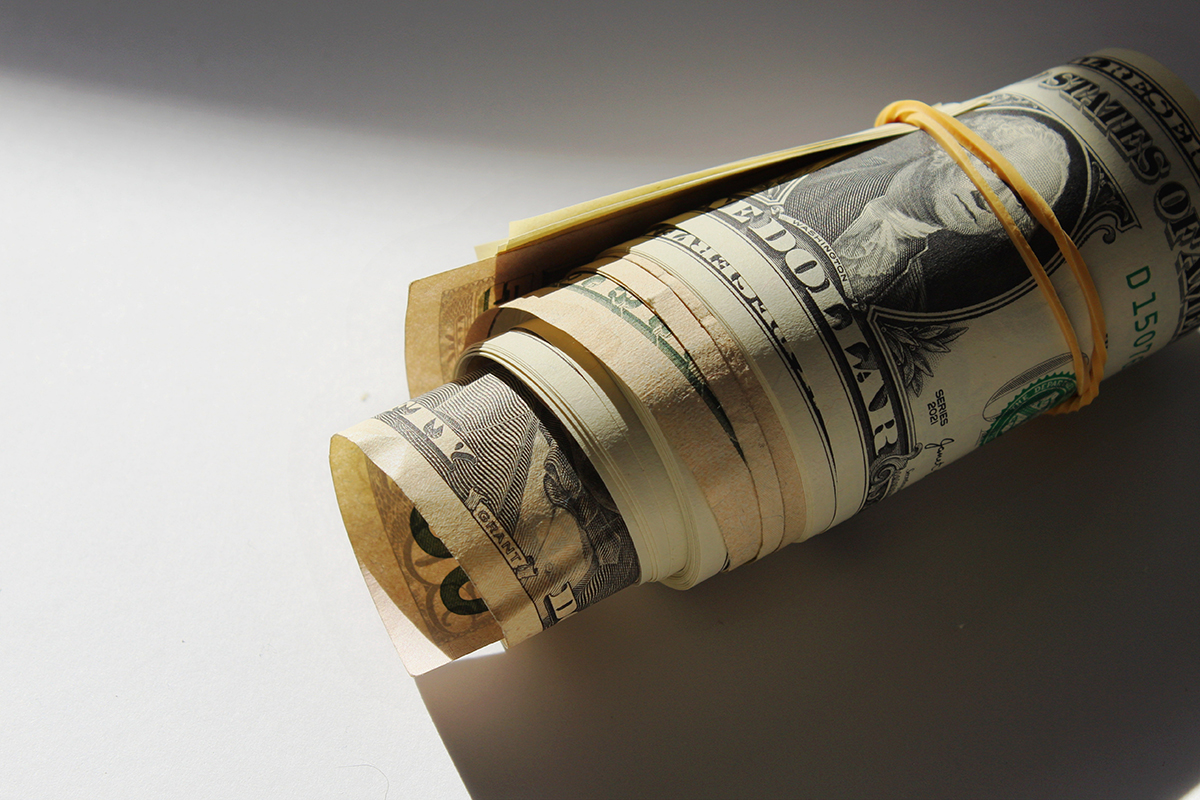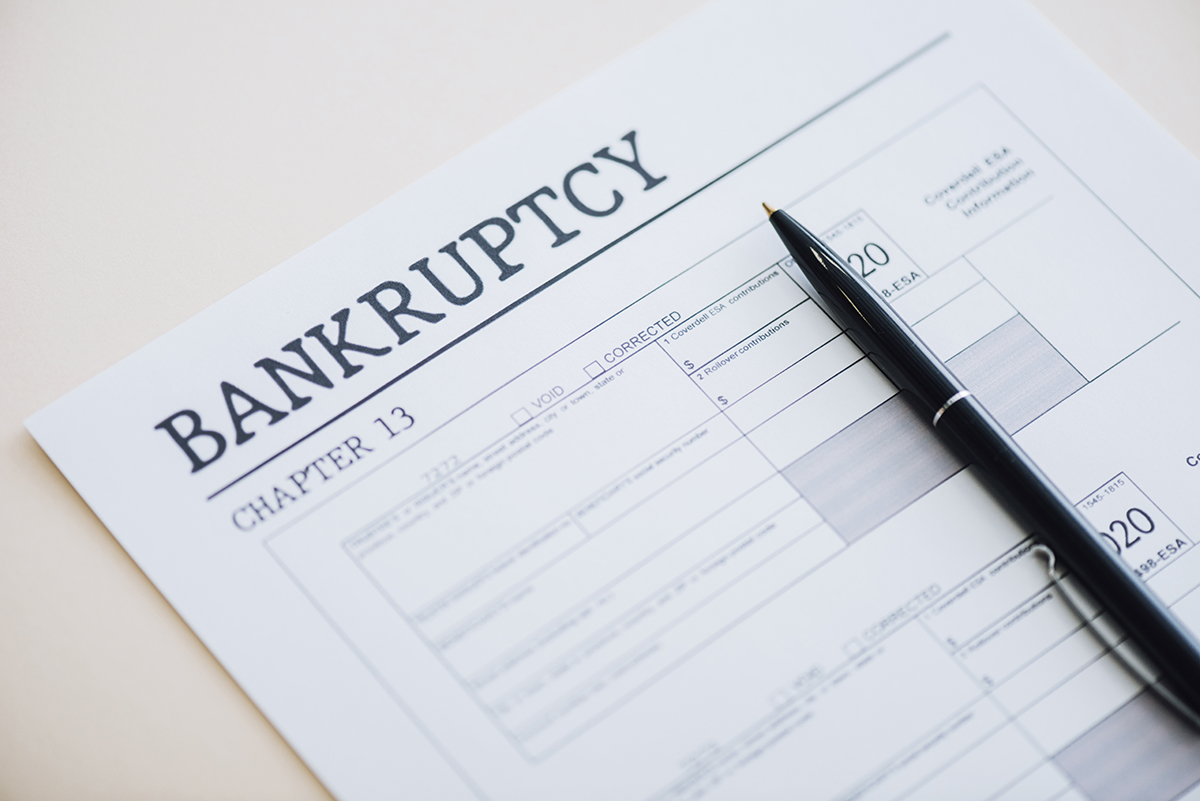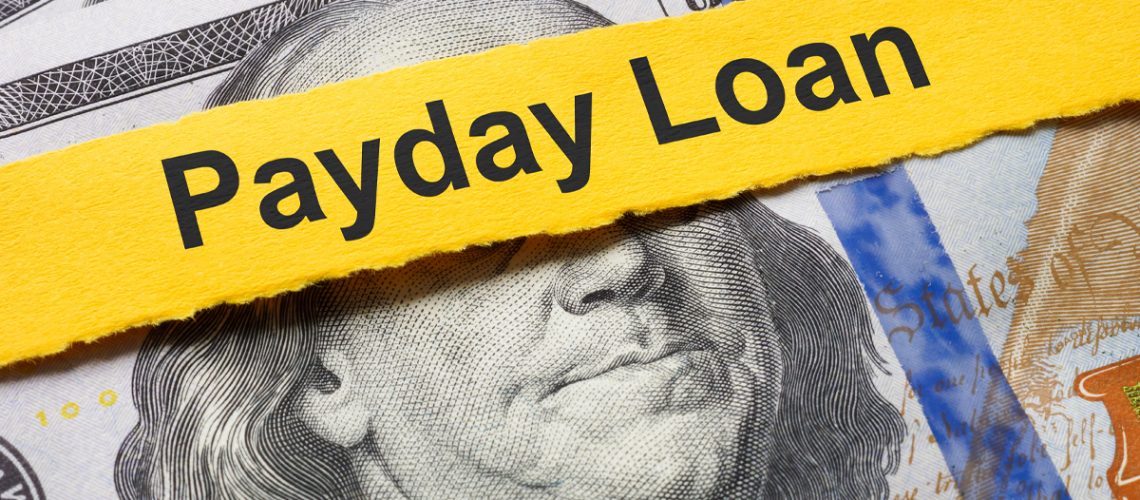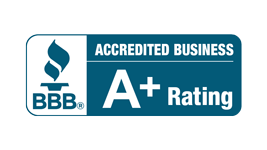Can You Discharge Payday Loans in Bankruptcy
Payday loans are short-term, high-interest loans typically taken out by individuals who need quick access to cash before their next paycheck. These loans are often marketed as a quick solution for financial emergencies, but they come with steep fees and interest rates that can lead to a cycle of debt.
Twelve million Americans take out payday loans each year, spending $9 billion on loan fees. [1] Payday lenders often require full repayment of the loan in a lump sum, including the principal and high interest, on the borrower’s next payday.
Bankruptcy allows individuals to get relief from overwhelming debt. However, not all debts can be discharged through bankruptcy, and payday loans raise an interesting question: are they one of those debts?
Are Payday Loans Considered Consumer Debt?
In bankruptcy, debts are typically categorized into two broad types: secured debts and unsecured debts. Secured debts are tied to specific collateral, like a mortgage or car loan, whereas unsecured debts are not tied to any property and include things like credit card balances, medical bills, and personal loans.
Payday loans fall under unsecured debt because they aren’t backed by any collateral. In bankruptcy, unsecured debts are usually the most straightforward to discharge, meaning they are eligible for cancellation. However, there are nuances depending on the type of bankruptcy filed, the nature of the debt, and how the loan was obtained.
Although payday loans are consumer debt, they might not be treated the same way as other unsecured debts in bankruptcy, especially if there is evidence of fraud or predatory lending practices. In some cases, lenders may challenge the discharge of the loan, or the bankruptcy court may decide that the debt is not eligible for discharge based on certain circumstances.

The Dischargeability of Payday Loans in Bankruptcy
So, can payday loans be discharged in bankruptcy? Generally, the answer is yes, but the specifics depend on the type of bankruptcy being filed and whether there are any complicating factors.
Chapter 7 Bankruptcy
In Chapter 7 bankruptcy, which involves the liquidation of assets to pay off debts, payday loans are typically dischargeable. As an unsecured debt, payday loans are included in the list of debts that are wiped out through the bankruptcy process. After the bankruptcy is completed, you will no longer be legally required to repay the payday loan.
However, the process of getting a payday loan discharge might not always be entirely smooth. For example, if the payday loan was taken out under fraudulent circumstances or if the lender can prove that the borrower misrepresented their financial situation, the loan may not be discharged. If the borrower is found to have committed bankruptcy fraud, the court may disallow the discharge of certain debts.
Chapter 13 Bankruptcy
In Chapter 13 bankruptcy, a debtor is placed on a repayment plan that lasts between 3 and 5 years, depending on their income level and debt situation. Payday loans, as unsecured debt, are often included in the repayment plan, and the borrower will repay a portion of the debt over time.
At the end of the repayment period, any remaining unsecured debt, including payday loans, may be discharged.
Unlike Chapter 7, where debts are eliminated immediately after the process, Chapter 13 provides a more structured way to manage and repay debt, but it often requires borrowers to repay part of their payday loan debt through the plan.
In some cases, if the borrower’s financial situation improves during the repayment period, the court may allow modifications to the plan to adjust repayment terms.
Ultimately, while payday loans are typically dischargeable in both types of bankruptcy, Chapter 13 may be more beneficial for individuals who want to avoid liquidation of their assets and need more time to manage their repayment.

Exemptions: When Payday Loans May Not Be Dischargeable
While payday loans are generally dischargeable in bankruptcy, there are specific situations where they may not be, especially if certain conditions or misconduct are involved. Here are some common scenarios in which payday loans might not be discharged:
Fraudulent Loans or Misrepresentation
If a borrower obtained a payday loan by intentionally providing false information or misrepresenting their financial situation, the lender may challenge the dischargeability of the debt. For example, if a borrower lied about their income or their ability to repay the loan, the court could determine that the loan was obtained through fraud, making it non-dischargeable.
In bankruptcy, the creditor (in this case, the payday lender) can request a complaint for non-dischargeability, which would require the borrower to prove that they didn’t engage in fraud. If the lender successfully proves fraud or misrepresentation, the bankruptcy court may decide that the payday loan cannot be discharged.
Loans Obtained Through Illegal Practices
If the payday loan was obtained through illegal activity or predatory lending practices, there might be a chance that the loan isn’t dischargeable. While most payday loans are legal, some states have more stringent regulations on payday lenders, and loans that violate these laws might be subject to special legal treatment.
For example, if a payday lender violated state usury laws (charging interest rates higher than the legal limit), the borrower may have a case for arguing that the loan is unenforceable or could be discharged.
Non-Dischargeable Debts
While payday loans are typically dischargeable, there’s a slight possibility that in rare cases, payday loans could be tied to non-dischargeable debts if they’re associated with things like criminal activity, personal injury, or child support obligations. However, this is extremely uncommon and would depend on the specifics of the case.

What Happens After Bankruptcy Discharge?
Once payday loans are discharged, you are no longer legally obligated to repay them. However, there are some important considerations:
Impact on Credit Score
Bankruptcy will hurt your credit score, typically staying on your record for 7-10 years. This can make it harder to secure future credit, but with time and good financial habits, you can begin to rebuild your score.
Rebuilding Financial Health
Post-bankruptcy, focus on rebuilding:
- Create a Budget: To avoid payday loans and manage finances.
- Emergency Fund: Start saving for unexpected expenses.
- Avoid Payday Loans: Explore alternatives like credit unions.
- Credit Counseling: Seek professional help to get back on track financially.
If you are considering bankruptcy or struggling with payday loans, reach out to Richard West today for a free consultation.
Source:
[1] Payday Loans & Cash Advances – What Consumers Need to Know – DFPI. (n.d.). DFPI. https://dfpi.ca.gov/consumers/managing-debt/payday-loans-cash-advances-what-consumers-need-to-know/




